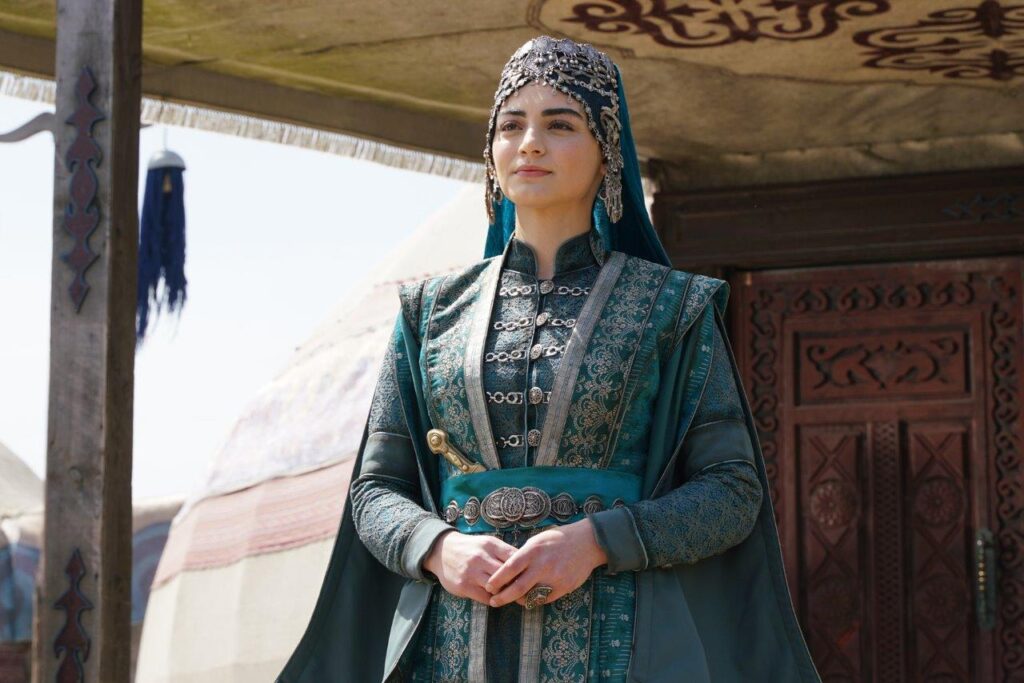Turkey is a country at the crossroads of Europe and Asia, and its women reflect this unique blend of cultures, traditions, and influences. Turkish women, in their diversity and resilience, play an integral role in the country’s rich history, contemporary society, and its aspirations for the future. This article delves into the lives of Turkish women, exploring their roles, challenges, achievements, and the cultural nuances that shape their identity.
A Glimpse into History
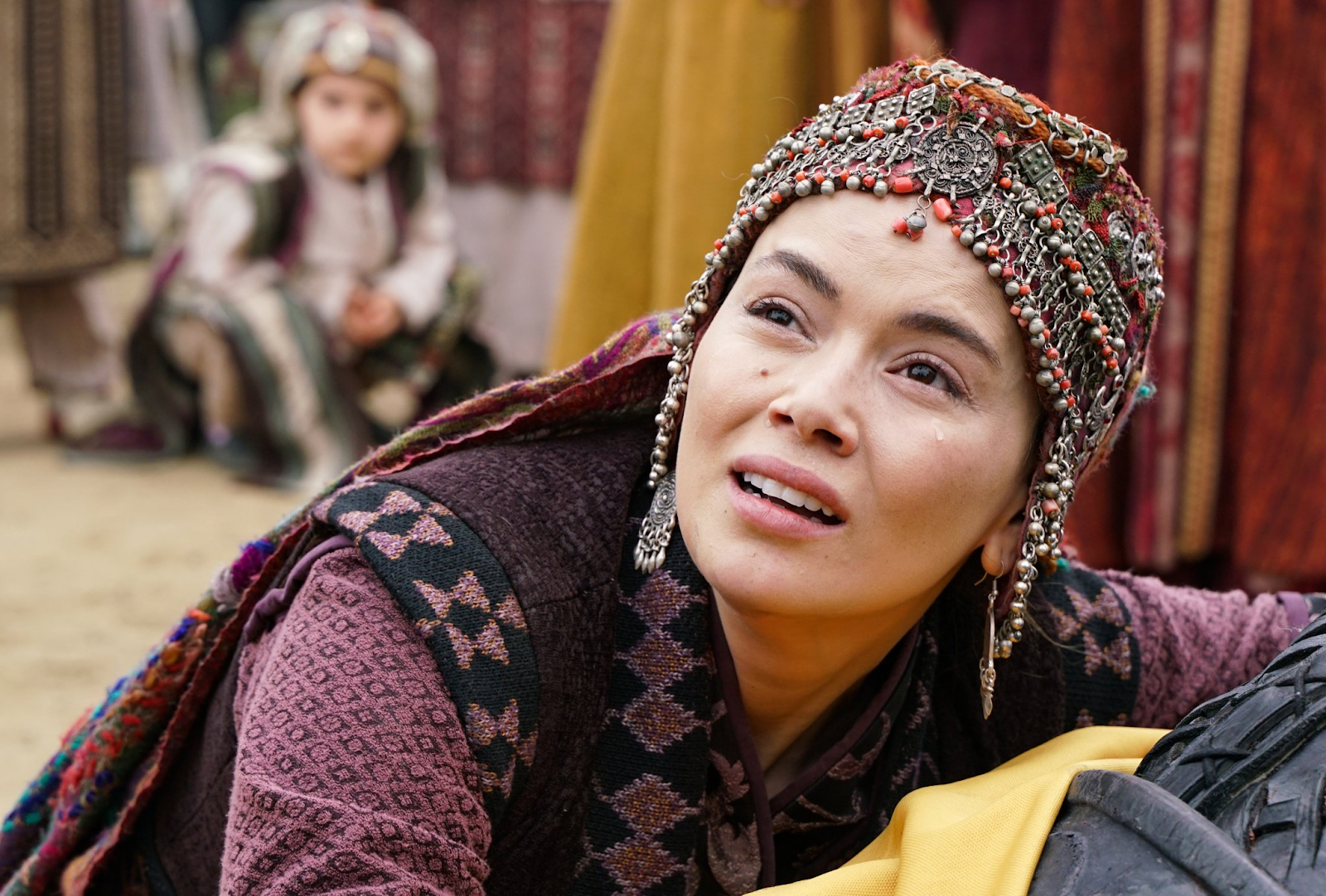
Turkish women have historically played significant roles in the cultural and political fabric of the region. From the powerful women of the Ottoman Empire to the modern era of Turkish nationalism, their contributions have been monumental. During the Ottoman period, women in the imperial harem were not just confined to domestic roles; many exercised political influence. Figures like Hurrem Sultan and Kösem Sultan wielded considerable power, shaping the empire’s decisions and history.
The early 20th century brought radical changes with Mustafa Kemal Atatürk, the founder of modern Turkey. He introduced sweeping reforms, granting Turkish women the right to vote and be elected to parliament in 1934—well ahead of many Western nations. These reforms marked a turning point, ushering in a new era of rights and opportunities for Turkish women.
The Role of Turkish Women in Society
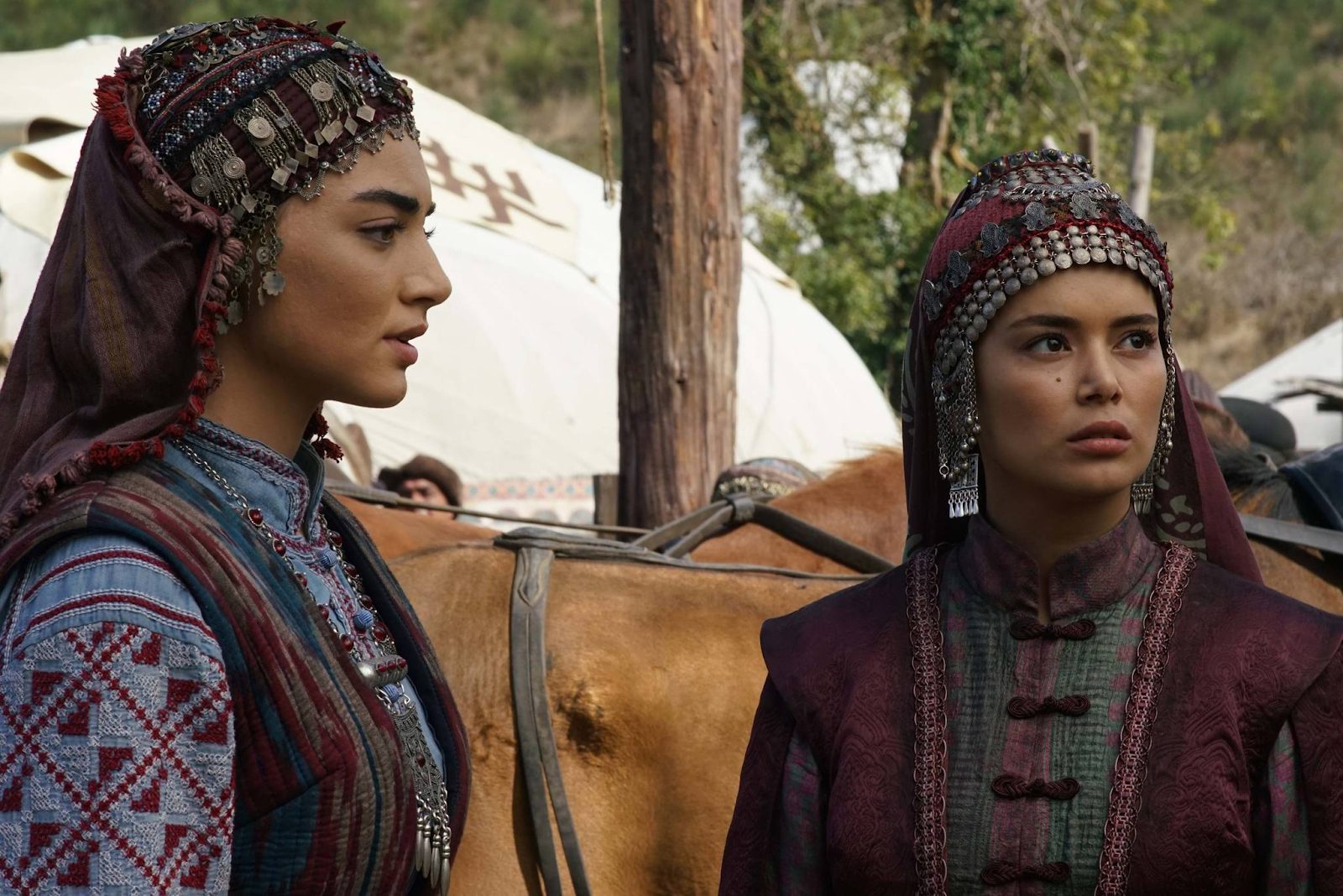
Modern Turkish women navigate a complex landscape shaped by tradition and modernity. While urban areas like Istanbul, Ankara, and Izmir showcase women excelling in education, careers, and public life, rural areas often adhere more to traditional roles.
Education and Career
Education is a cornerstone of empowerment for Turkish women. Today, more Turkish women pursue higher education than ever before, with many achieving success in fields like medicine, law, engineering, and academia. However, challenges like unequal access to education and societal expectations can still hinder progress, particularly in rural regions.
In professional spheres, Turkish women have made remarkable strides. Women like Güler Sabancı, chairperson of Sabancı Holding, and Özlem Türeci, co-founder of BioNTech, exemplify the heights Turkish women can achieve. However, gender inequality in the workplace remains a concern, with issues such as pay gaps and limited representation in leadership roles persisting.
Family and Social Roles
For many Turkish women, family remains a central aspect of life. Traditional gender roles often assign women the responsibility of caregiving and household management. Despite this, societal shifts have led to greater acceptance of dual-income households and shared responsibilities between spouses, particularly in urban areas.
Marriage and motherhood are still highly valued in Turkish culture, but modern women increasingly prioritize education and career advancement before settling down. This shift reflects broader changes in societal attitudes, highlighting the balance many women strive to achieve between traditional expectations and personal ambitions.
Cultural Expressions and Traditions
Turkish women have long been custodians of the country’s rich cultural heritage. Their contributions are evident in arts, literature, and culinary traditions. From the intricate patterns of handwoven carpets to the evocative storytelling in Turkish novels, women’s voices have been integral to the preservation and evolution of Turkish culture.
Traditional attire, such as the şalvar (baggy trousers) and headscarves, still holds cultural significance in rural areas, while urban fashion often mirrors global trends. This blend of traditional and modern styles reflects the duality of Turkish identity, with women often finding ways to honor their heritage while embracing contemporary influences.
Challenges and Progress
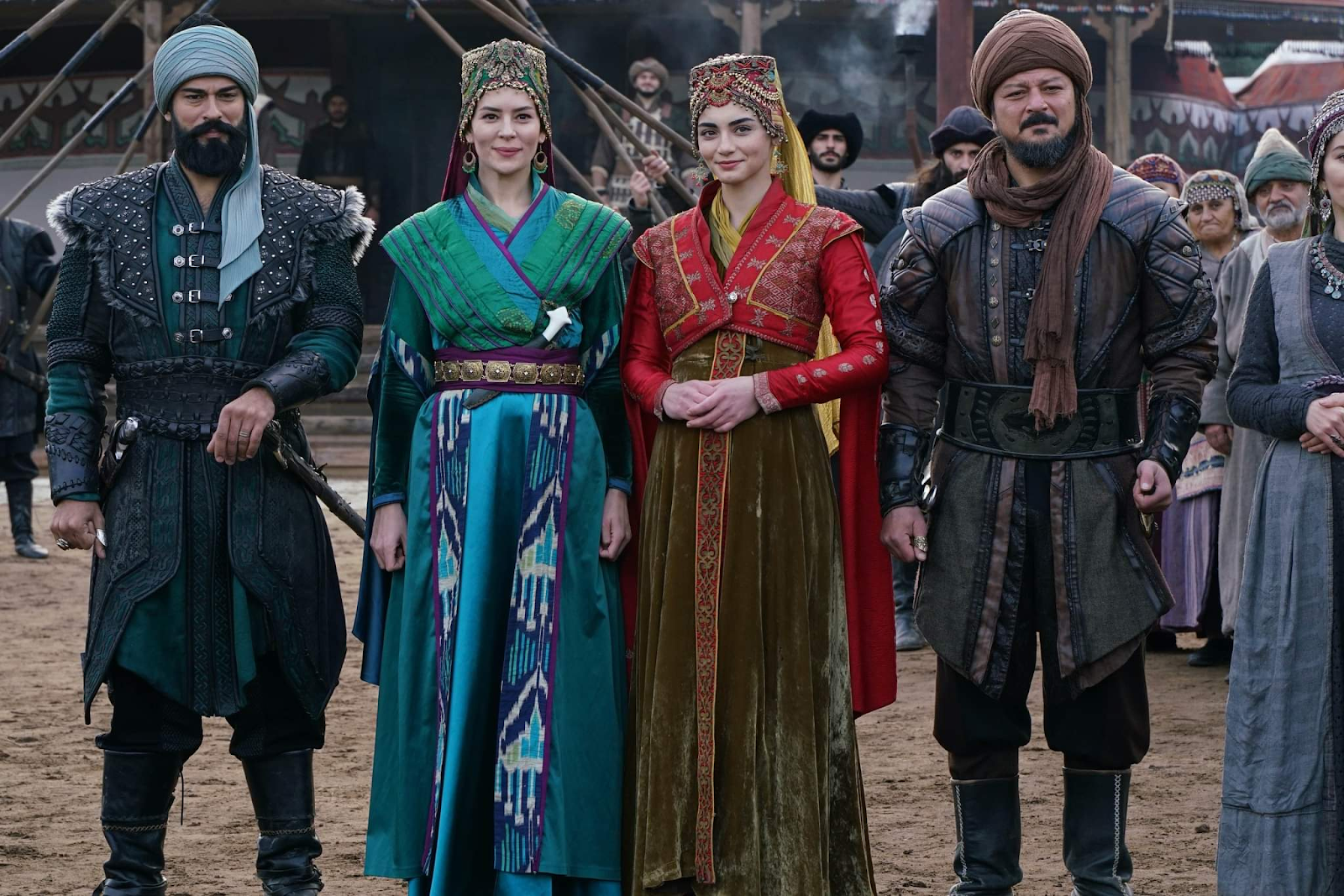
Despite significant achievements, Turkish women face challenges that underscore the need for continued progress. Gender-based violence remains a pressing issue, with activists and organizations working tirelessly to combat this pervasive problem. High-profile cases have drawn international attention, spurring movements like “We Will Stop Femicide,” which advocates for stronger legal protections and cultural change.
Economic disparities also present hurdles. Many women, particularly in rural areas, lack access to formal employment and financial independence. Efforts to promote entrepreneurship and vocational training aim to bridge this gap, empowering women to contribute to their communities and the economy.
Legal reforms and grassroots activism have played pivotal roles in addressing these issues. Turkey’s women’s rights movement is vibrant and persistent, drawing inspiration from both local and global initiatives. Women’s organizations continue to champion causes ranging from equal pay to political representation, ensuring that progress remains a collective effort.
Turkish Women in Media and Popular Culture
The portrayal of Turkish women in media and popular culture often reflects the dichotomy of tradition and modernity. Turkish soap operas, widely popular both domestically and internationally, frequently depict strong female characters navigating complex personal and societal dynamics. These stories resonate with audiences, offering glimpses into the evolving roles and challenges faced by women in Turkish society.
Prominent Turkish actresses, writers, and musicians have also used their platforms to challenge stereotypes and advocate for change. Figures like Elif Shafak, an internationally acclaimed novelist, and Sertab Erener, a renowned singer, have showcased the power of Turkish women’s voices on the global stage.
Looking to the Future
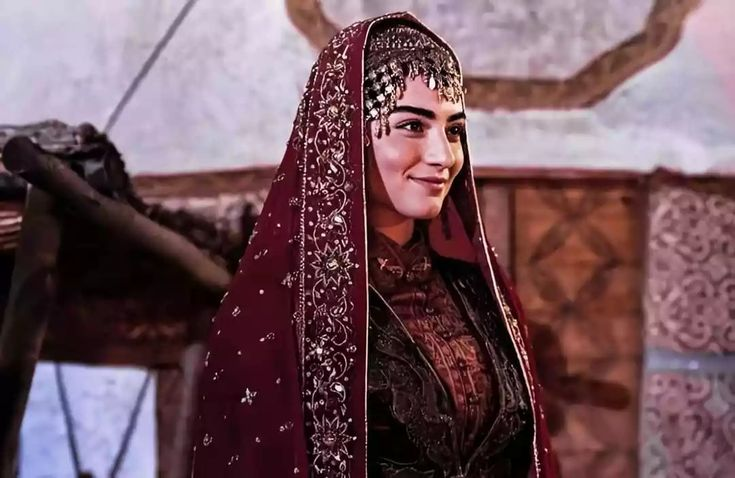
The future for Turkish women is one of promise and potential. As education and economic opportunities expand, women are poised to play an even greater role in shaping Turkey’s trajectory. Young women, in particular, are embracing technology and innovation, venturing into fields like software development, artificial intelligence, and entrepreneurship.
Moreover, the rise of social media and digital platforms has given Turkish women a powerful tool to connect, share experiences, and advocate for change. Online movements have amplified voices that might otherwise go unheard, fostering a sense of solidarity and collective action.
Conclusion
Turkish women embody a unique blend of strength, resilience, and adaptability. From their roles in history to their contributions in modern society, they continue to shape the narrative of a nation at the crossroads of tradition and progress. While challenges persist, the strides made by Turkish women in education, careers, and activism offer hope and inspiration for future generations.
As Turkey continues to evolve, its women remain at the heart of its identity, embodying the rich tapestry of a culture that bridges continents, traditions, and eras. Their stories, marked by both struggle and triumph, are a testament to the enduring spirit of Turkish women and their vital role in shaping the world around them.


